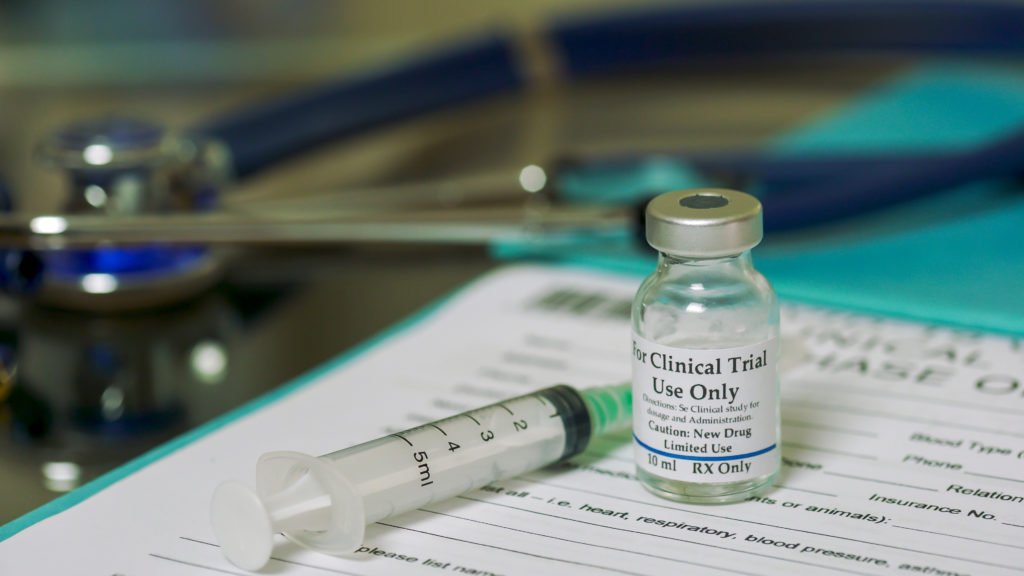According to a story from Targeted Oncology, the company Genmab has recently announced that the US Food and Drug Administration (FDA) has granted Orphan Drug designation to its investigational therapy epcoritamab as a treatment for follicular lymphoma, a rare cancer. This treatment is classified as an IgG1-bispecific antibody and is currently being evaluated in a phase 1/2 clinical trial.
About Follicular Lymphoma
Follicular lymphoma is a type of blood cancer. While generally considered rare, it is the most common type of slow growing non-Hodgkin’s lymphoma. This cancer affects follicle center B-cells, which are also known as centrocytes. There appears to be a genetic basis for follicular lymphoma, and the cancer has been linked to translocation between chromosomes 14 and 18. This results in the overexpression of a gene called bcl-2. Symptoms for this cancer are similar to other blood cancers, such as night sweats, fever, infections, weight loss, swollen lymph nodes, shortness of breath, and fatigue. Treatment options may include monoclonal antibodies, chemotherapy, radioimmunotherapy, and stem cell transplant. Some patients can survive for decades with follicular lymphoma, with a median survival time of 10 years. The five year survival rate is 72 to 77 percent. With the newest treatments, survival rates are improving. To learn more about follicular lymphoma, click here.
About Orphan Drug Designation
Orphan Drug designation is reserved for therapies that are in development for diseases that are considered rare, which is classified as any illness in the US that affects less than 200,000 people per year. In order to receive this designation, the therapy in question must either fulfill an unmet medical need or offer significant advantages in efficacy or safety over currently available therapies. Orphan drug designation confers a number of benefits to the recipient company, such as tax breaks, the waiving of certain fees, and a seven year period of market exclusivity if the drug wins FDA approval.
About the Clinical Trial
The clinical trial plans to involve 486 patients and will take place in two parts. The first part will include a smaller number of dosed patients and aims to establish the safety profile of the drug. It will also include a dose escalation protocol that will determine the recommended dose for the second part and the maximum tolerated dose. The second part of the study will expand treatment dosing to the full number of patients to evaluate efficacy and safety.








